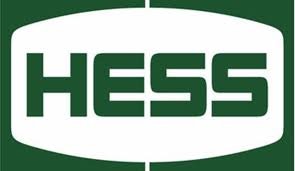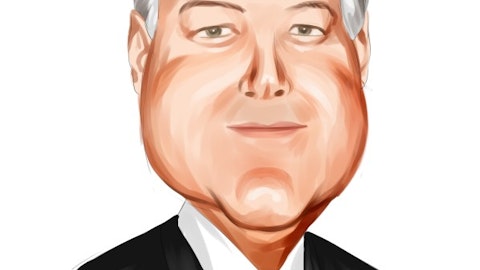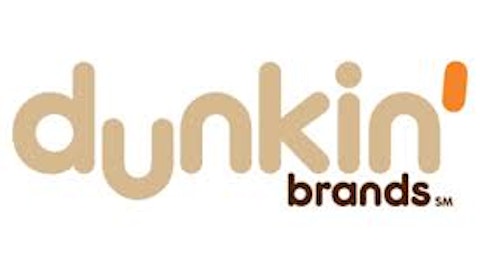According to a Form 4 filed with the SEC, John Mullin III, a member of Hess Corp. (NYSE:HES)’s Board of Directors, directly purchased 10,000 shares of the company’s stock on June 21st at an average price of $63.01 per share. Insiders already have an economic connection to the company, and so theory suggests that they should be reluctant to buy more shares- thereby increasing company-specific risk- unless they are particularly confident in the stock’s prospects. Studies do in fact show a small outperformance effect for stocks bought by insiders (read our analysis of studies on insider trading), and so we like to at least briefly review large insider purchases so that investors can do further research on any interesting names.
Hess Corp. (NYSE:HES) recently announced that it plans to divest its midstream and downstream assets within the next couple years in order to focus on exploration and production. Some activist investors had been pressuring the oil and gas company to do so. We track quarterly 13F filings from hedge funds as part of our work developing investment strategies (we have found, for example, that the most popular small cap stocks among hedge funds earn an average excess return of 18 percentage points per year) and can see that billionaire Paul Singer’s Elliott Management, for example, had bought up 15 million shares of stock by the end of the first quarter of 2013. At that time that stake was worth over $1 billion (see Singer’s stock picks). Paulson & Co., managed by billionaire John Paulson, initiated a position of 2.7 million shares (find Paulson’s favorite stocks) and billionaire David Einhorn’s Greenlight Capital was buying the stock as well (research more stocks Greenlight was buying).

We would note that this earnings multiple, while low in absolute terms, is actually on the high side of the range where we find larger oil and gas companies. Hess Corp. (NYSE:HES) trades evenly with supermajor Exxon Mobil Corporation (NYSE:XOM) on a forward basis; we suppose that it has been doing better than its larger peers, as Exxon Mobil Corporation (NYSE:XOM) recorded a 13% decline in revenue last quarter compared to the first quarter of 2012. Chevron Corporation (NYSE:CVX) and ConocoPhillips (NYSE:COP) carry forward P/Es in the 9-10 range, and each of these peers saw weaker results on both top and bottom lines during this year’s Q1. We’d note that ConocoPhillips (NYSE:COP) does pay a dividend yield of 4.4% at current prices. Among the cheapest large oil companies in terms of forward earnings estimates- as well as offering an even higher yield, at 5.2%- is BP plc (ADR) (NYSE:BP). The forward P/E of 7 is certainly quite cheap, suggesting that the company still faces poor sentiment in the market (as well as, we suppose, continued legal risks).
As a result we’d say that Hess Corp. (NYSE:HES) does have to realize considerable efficiencies from the aftermath of its divestments in order to justify where it is valued compared to larger (and, possibly, more stable) oil companies. We wouldn’t rule out this outcome, but potential investors in Hess should know that they are depending on it. We’d also suggest that investors take a closer look at BP and how much special risks remain at the company, given its sizable discount to its peers on a forward earnings basis and its superior dividend yield.
Disclosure: I own no shares of any stocks mentioned in this article.





